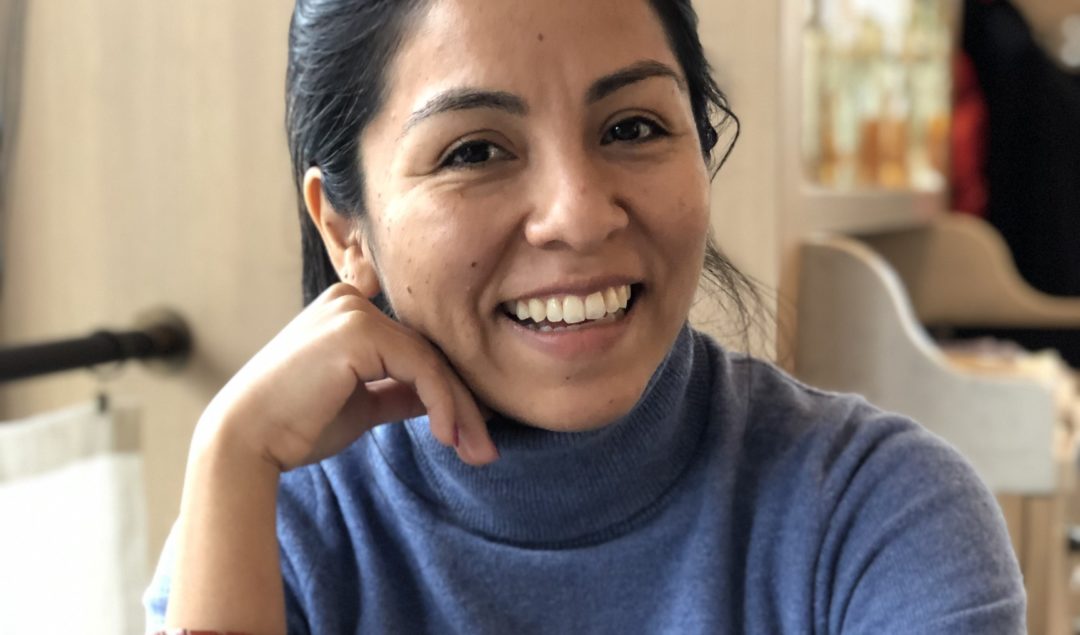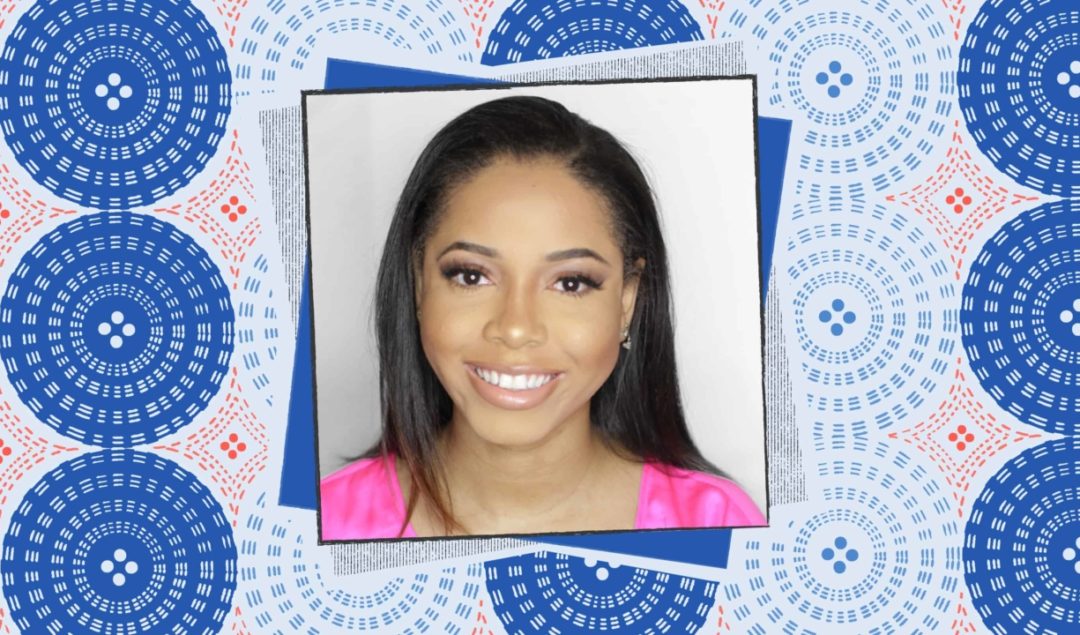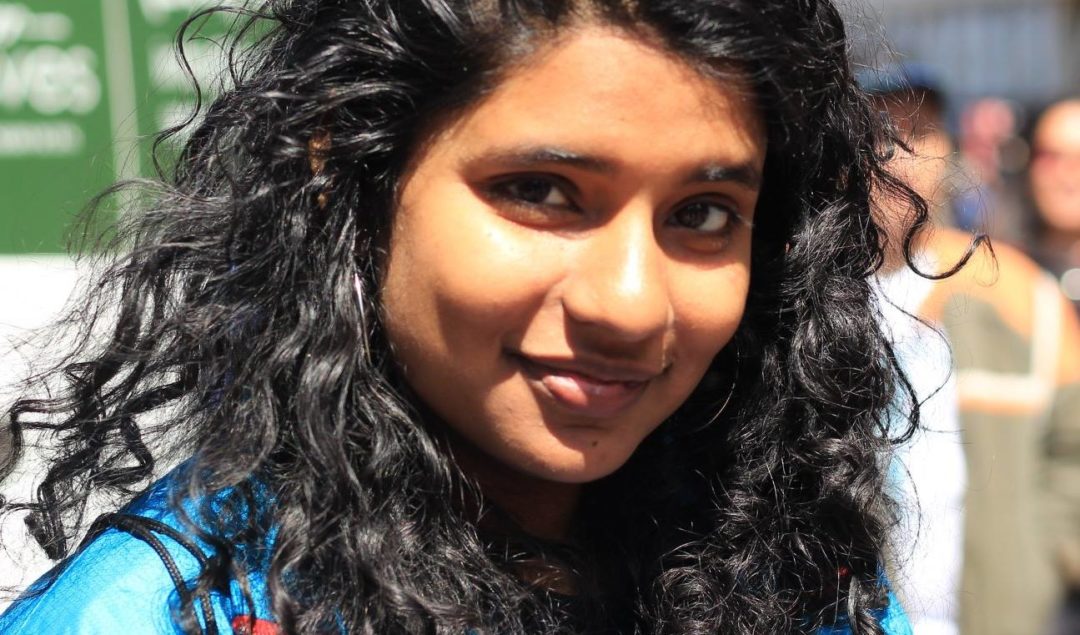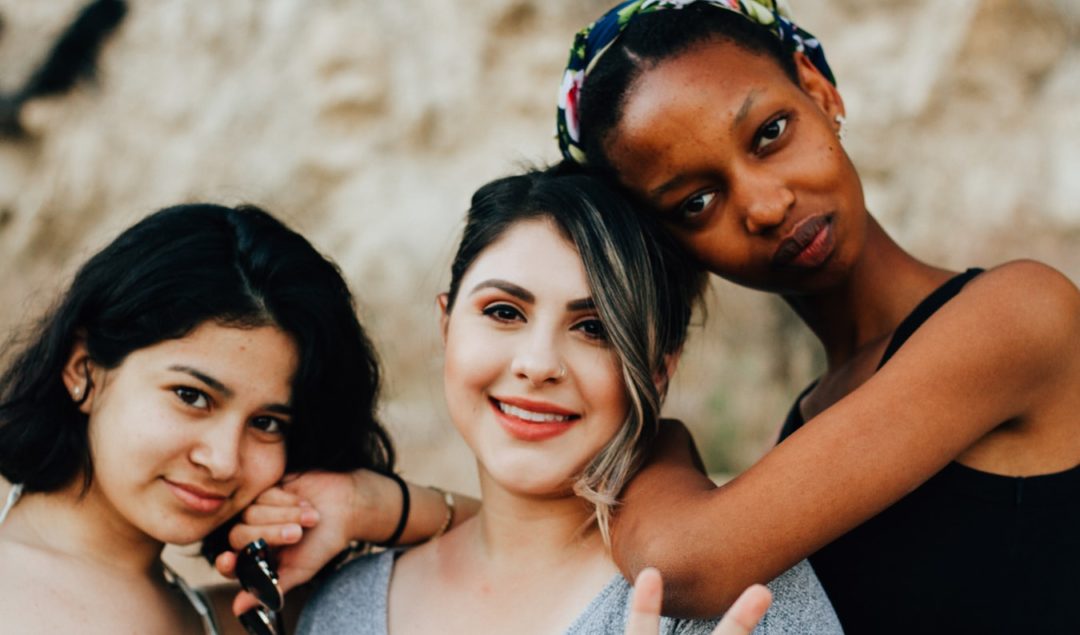Originally posted here via Wogrammer. Jette Hernandez is one of the toughest coders you’ve ever met. As a former collegiate athlete, yoga instructor, and personal trainer, Jette is well-versed in the strength and tenacity required to reach one’s peak potential. This competitive spirit proved useful for Jette when she steered her career in an unlikely and unexpected direction. While working at the registration table of a tech event to earn extra money, Jette was intrigued by the job descriptions she saw on the attendee name badges (mostly belonging to men).
This story was originally published on Wogrammer here. Four years ago, Ana decided to leave her role as a business development consultant and become a software engineer. She caught wind of Women in Technology Peru, an organization that teaches women how to code. Although Ana was always interested in math and science, she grew up in an area of Peru that didn’t provide many opportunities to build upon those foundational STEM skills. However, once she immersed herself in an inspiring local community of female coders, it sparked her decision to attend
Last week, Black Enterprise magazine published an interview with COO of Facebook and CEO of Lean In Sheryl Sandberg. It was rooted in the fact that Sandberg’s Lean In advice has fallen flat for most women, and more specifically for Black women. The strategy has been criticized by many thought leaders, including Michelle Obama who notably said, “that shit doesn’t work all the time.” And this quote from Mindy Harts, founder of The Memo sums up the basis of the criticism through a racialized lens: “Lean In was well-intentioned and
What personal passions bring you to Abstract? I’m very passionate about having diversity in my life. I love having friends and coworkers from different backgrounds and walks of life. I love working at Abstract because we all share these views and inclusion is a huge focus. What’s one childhood lesson that you still carry with you to this day? “What’s for you, is for you” is an idea that I truly believe in. Growing up, there were times that I looked at other people’s accomplishments and compared them to my own. More
I got my first job when I was 16. A few weeks after I got my driver’s license, I drove my red, 2002 Ford Focus over to a local Frisch’s Big Boy. I’d never eaten there, but it always seemed to be empty which I thought was just the right level of intimidating for my first job. My would-be manager, a white man of around 60, conducted an informal interview with me at one of the empty tables — we had every seat in the place to choose from. With
Junior software engineers from under-represented groups should feel ok focusing on their technical work. I recently got my first software engineering job. As someone from an under-represented group in tech, I’m constantly reminded of the inequalities in access to the web development industry. Of 80 developers in my department, I am one of few women, one of two mothers and I may be the only black woman (the department doesn’t track data on this yet). This balance feels wrong to me. It feels unjust. I don’t understand why this job,
Originally published by Wogrammer here. Ananya Cleetus has a day named after her in the city of Pittsburgh. She is the creator of an app called Anemone, a TEDx speaker, and a computer science student at the University of Illinois Urbana-Champaign. She exudes a unique type of confidence while speaking intelligently and thoughtfully about the journey that led her here today. While Ananya has accomplished so much early in her career, her success hasn’t come without its share of personal adversity. Earlier in her collegiate career, while studying Computer Science
Originally published here on Medium Last month, my company Hustle Crew celebrated its third birthday. It’s a significant milestone for many reasons. Three years is the same amount of time I spent at university completing my bachelor’s degree. The longest period I’ve ever worked at a single company (Groupon, 2011–2014). Most importantly it’s far longer than many experts I met at the start — from other CEOs to investors — thought this business would last. I’ll spare you our origin story as I’ve shared it before, but in 2016 when I set
During the earliest stages of my nontraditional software engineering education, I would often sit down to code and place my computer on a table covered with books of poetry. I loved coding but drew my power and sustenance as a Black woman from the words of poets like Jamila Woods, Jericho Brown, and Fatimah Asghar. The apparent contradiction between my interests always left me with a tiny itch, somehow, but I couldn’t quite put my finger on what the feeling was trying to tell me. I went on improving my coding skills while
This post first appeared on Elpha, a community for women in tech to talk candidly online” If you’re a woman (particularly a woman of color) in tech, you’ve probably felt it. That feeling that you’re the “only one” in the room. The feeling that you don’t belong, that you need to prove yourself, that you’re alone. According to a study by Leanin.org and McKinsey & Company, one in five women report being one of the only women in the room. In senior leadership, this is twice as common: 40% of women are the only













